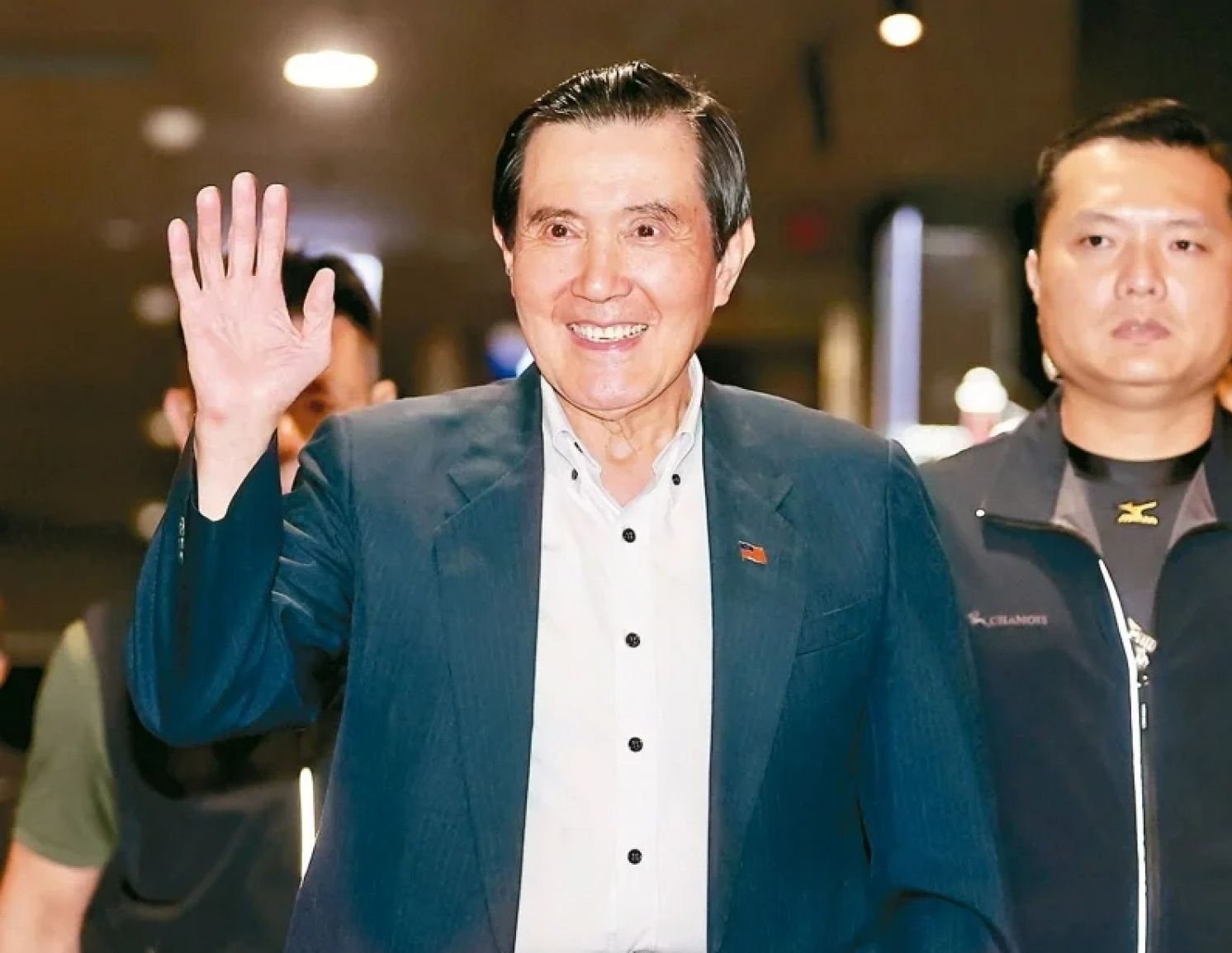
This Week in Taiwan 1105-1111
November 5: At a symposium held by the R.O.C. Constitutional Law Society, Wu Yu-shan, academician of the Academia Sinica, stated that there may be a minority president who does not have absolute majority support; the political party to which he belongs will also not have a majority in the parliament and will insist on forming a minority government. Such a "double minority" will affect the legitimacy of the government. Former Grand Justice Su Yeong-chin opined that having a "double minority" is a false democracy and will produce a responsibility crisis. Scholars suggested that when he nominates the cabinet, the new president should propose a vote of confidence to the parliament.
November 6: The Ministry of Transportation and Communications announced recently that it will lift the ban on Taiwanese tour groups traveling to mainland China by March next year. Minister Wang Kwo-tsai further proposed to expand cross-strait air routes, where charter flights may be adjusted to regular flights if the capacity is stable. He asked the Civil Aviation Administration to devise relevant measures and stated that non-existing routes may also be discussed. Before the pandemic, there were a total of 61 cross-strait waypoints, 51 of which were in the mainland. Now the mainland has only 15 regular waypoints and 13 waypoints for charter flights.
November 6: Mainland China's National Immigration Administration announced that in order to further implement the cross-strait demonstration zone for integration and development, it will launch 10 new measures for entry and exit, including online applications for Taiwan Compatriot travel permits and reduced application times, allowing convenient travel between Taiwan and Fujian.
November 6: According to the China Times, the Army commissioned the National Chung-Shan Institute of Science and Technology (NCSIST) to develop unmanned attack boats for anti-landing operations, serving as suicide boats to attack incoming ships. According to the plan, the NCSIST will develop it in two years with a budget of about NT$900 million (about US$27.8 million). The entire case is classified; if successful, mass production may begin in 2026.
November 7: The Ministry of Finance (MOF) released customs export and import trade statistics. The export value was US$38.1 billion, which was lower than expected, registering a negative growth rate of 4.5 percent. From January to October this year, exports totaled $355.09 billion, with a decline of 12.9 percent. The MOF expects that exports in the fourth quarter will turn positive, but export decline over the full year will still be 10 percent, the largest in eight years.
November 7: Taiwan and the United Kingdom signed an agreement to enhance trade partnerships. This is the first time that Taiwan has established a framework for further economic and trade relations with a European country. Both sides will soon begin negotiations on digital trade, investment, renewable energy, and net-zero carbon emissions. Minister without Portfolio and Trade Representative John Deng stated that this is a "living agreement," with hope for expanding into new topics in the future. The Office of Trade Negotiations, Executive Yuan, stated that the two sides are complementary in the semiconductor industry chain and can support Taiwan and the UK's expanding digital technology cooperation.
November 8: U.S. aid to Ukraine against Russia has led to tight military production capacity, delaying the delivery of arms sales to Taiwan. The Cato Institute, a Washington-based think tank, published on its website data analysis showing the total amount of backlogged arms sales to Taiwan by the United States has reached $19.1 billion, of which more than 60 percent are traditional weapons, and only F-16 fighters and M1 tanks have reached $10 billion.
The Ministry of National Defense refused to comment, stating only that it is closely coordinating with the United States.
November 10: Negotiations to formalize an alliance between the Kuomintang (KMT) and Taiwan People's Party (TPP) are on the verge of breaking down. Former President Ma Ying-jeou touted a shocking proposal, advocating for a comparative national poll between a "Hou-Ko" ticket and "Ko-Hou" ticket versus a hypothetical "William Lai-Bi-khim Hsiao" ticket of the Democratic Progressive Party (DPP) to determine the presidential and vice-presidential candidates to represent the opposition. TPP Chairman and presidential candidate Ko Wen-je expressed agreement and called for political party negotiations to be resumed immediately. However, the KMT still insists that a national poll including both individual candidates and political party support is the only way to realize a KMT-TPP alliance.
November 15: The KMT and TPP formalize an alliance for the 2024 presidential election. Witnessed by former President Ma Ying-jeou, the two parties negotiated a consensus whereby public opinion polls will determine whether the KMT's Hou Yu-ih or TPP's Ko Wen-je will serve as the presidential candidate, while the other will serve as vice-presidential candidate. If the ticket produced by the alliance wins, then the two parties will form a coalition government after the election.